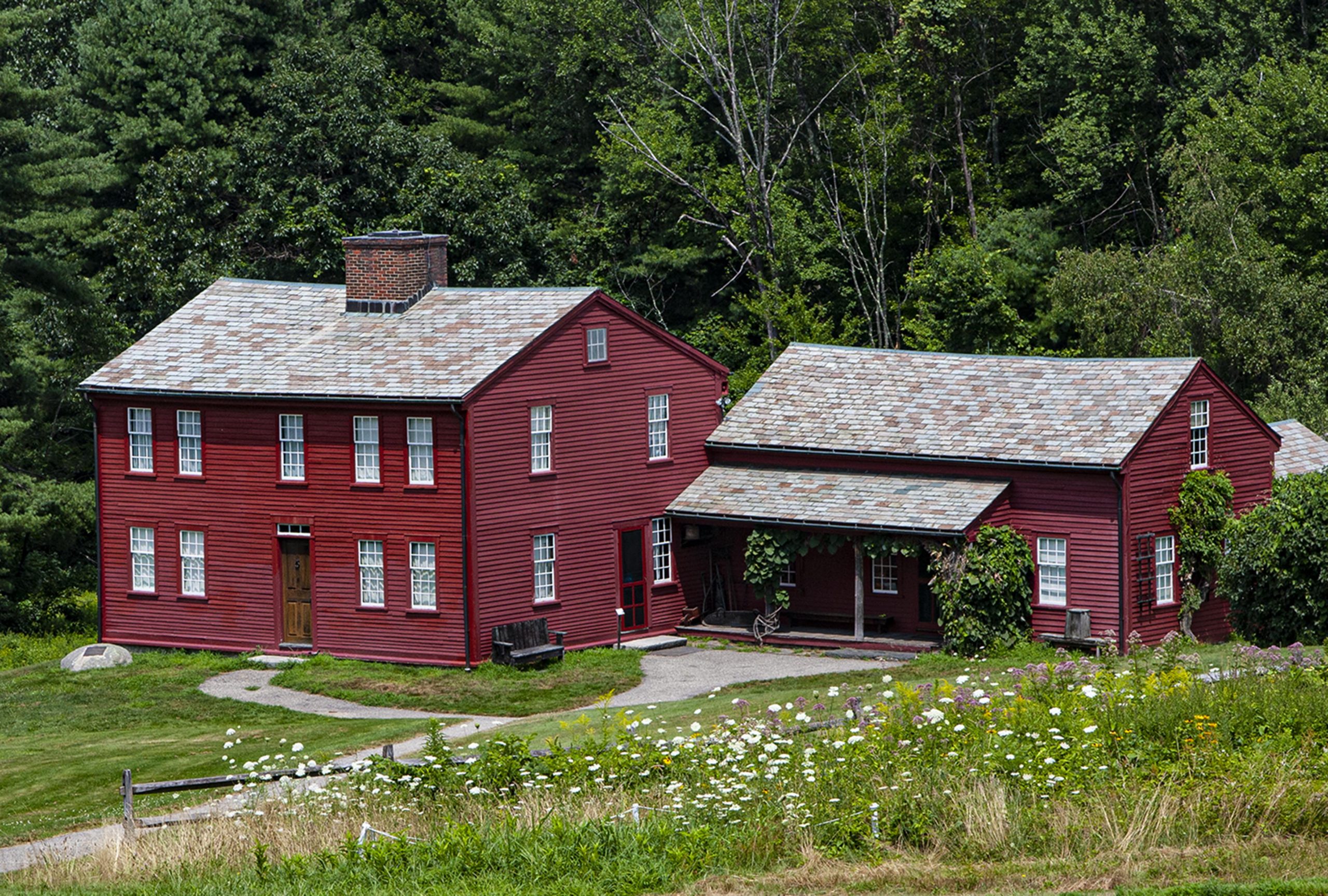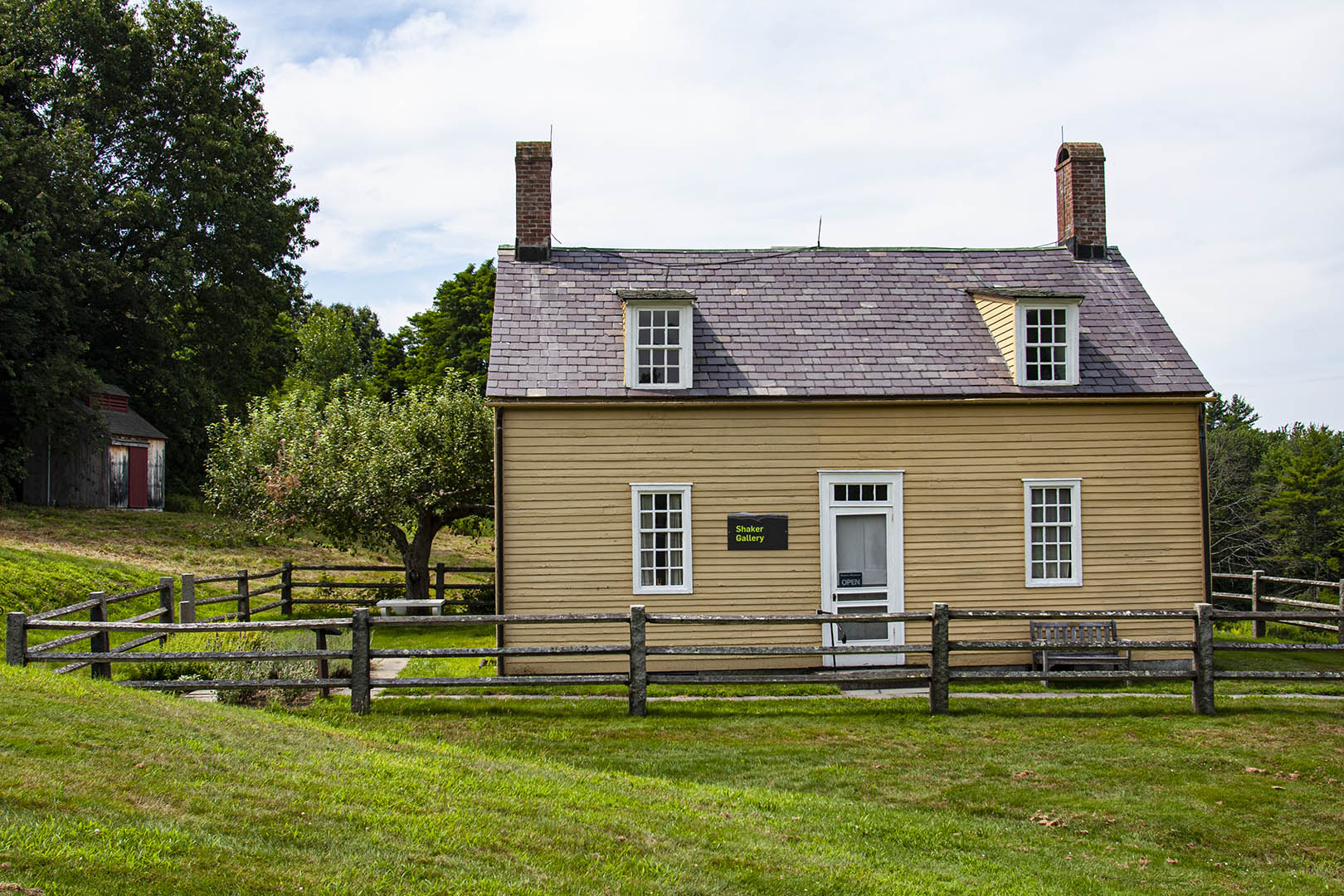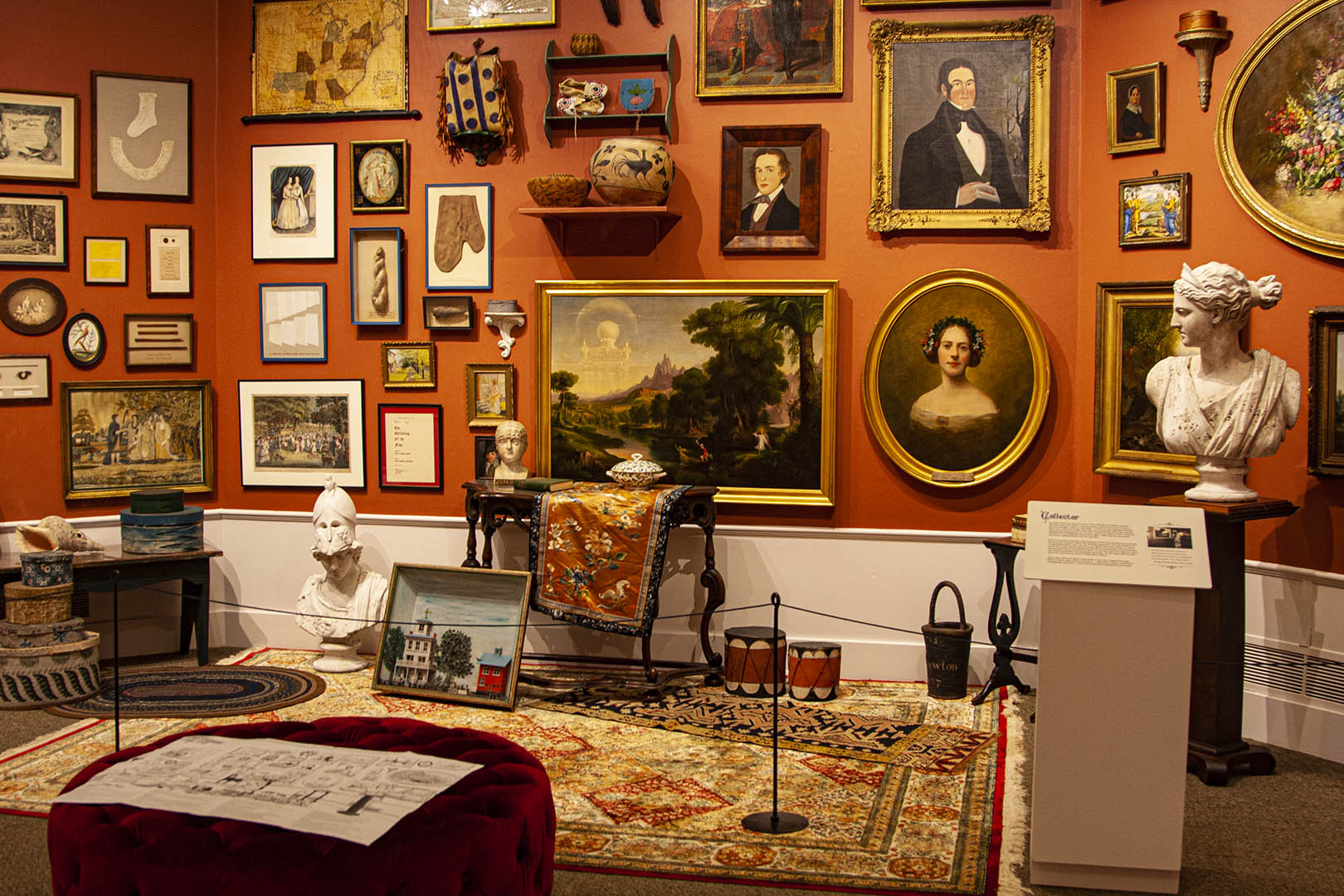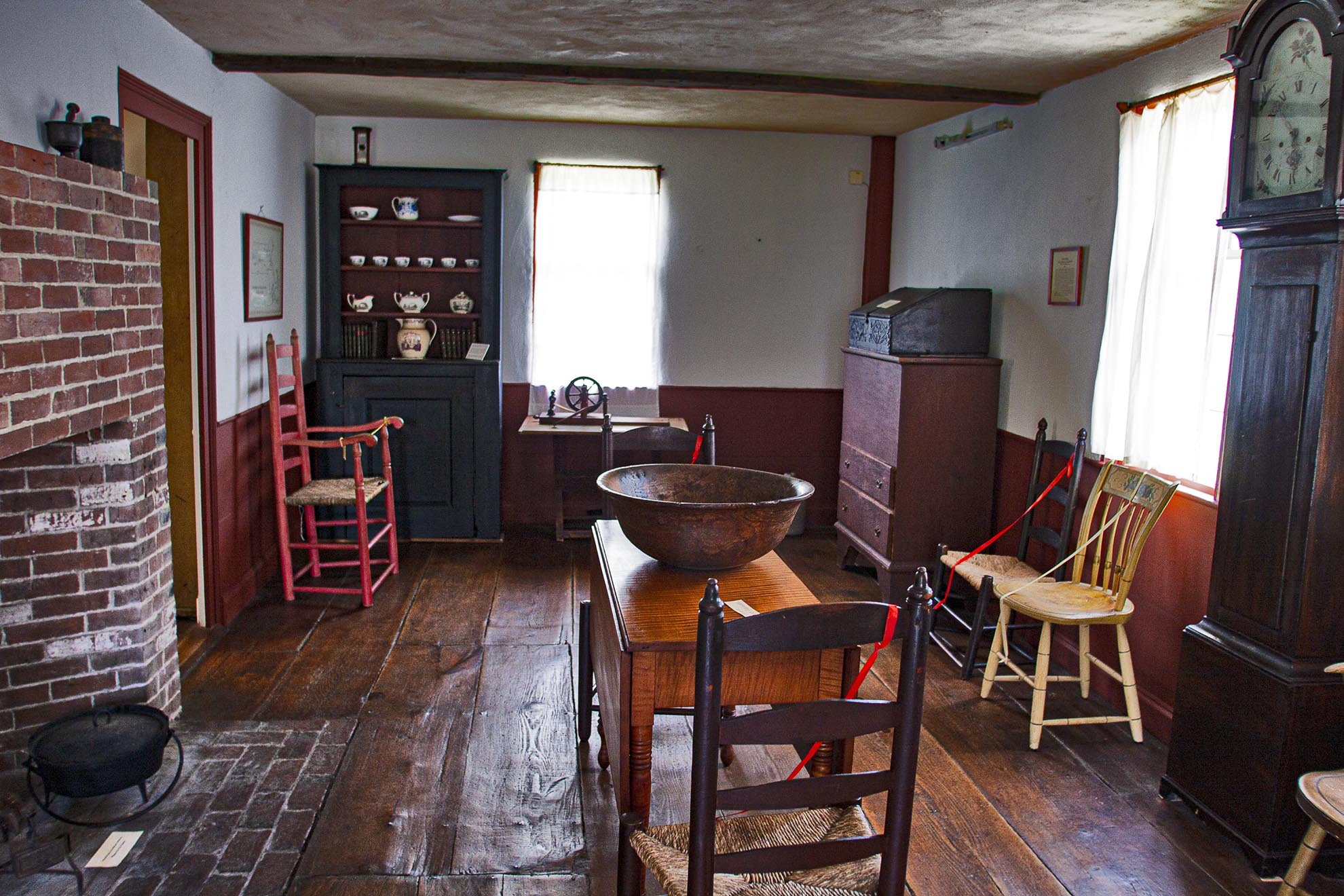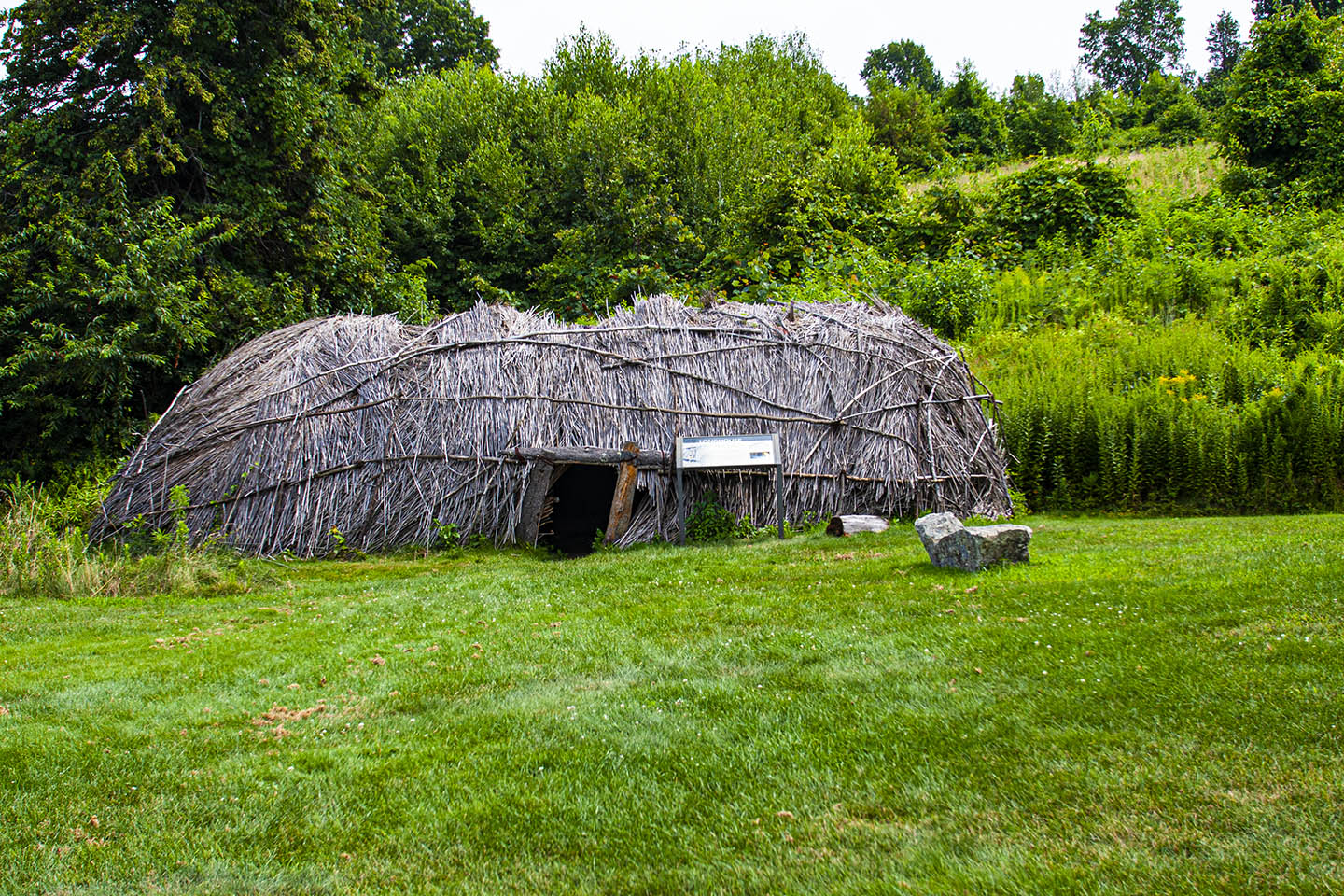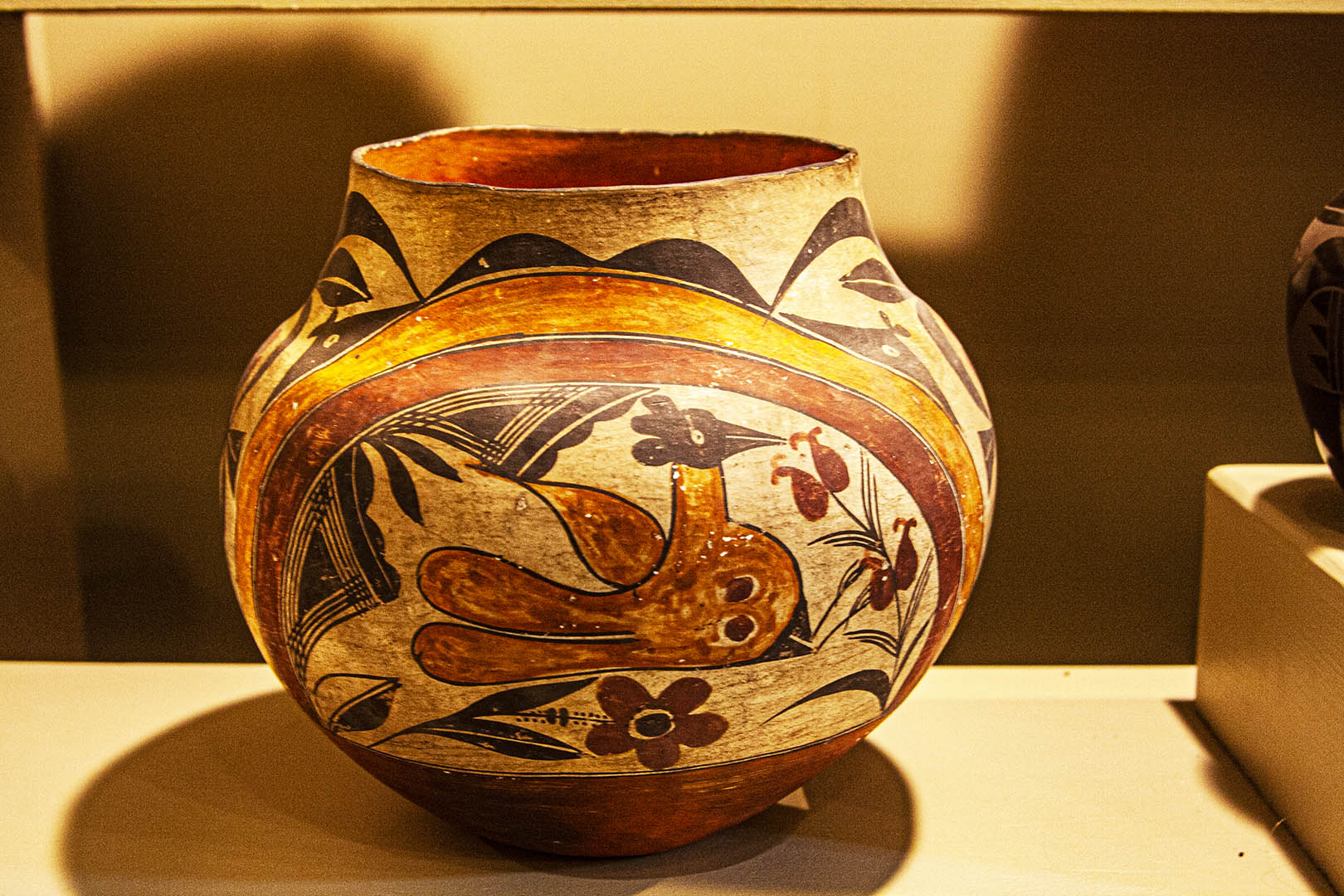Fruitlands, in Harvard, Massachusetts, was the site of an early farming commune of Transcendentalists founded by Bronson Alcott, father of author Louisa May Alcott. Today Fruitlands includes the historic Alcott farmhouse and three museums and is an active center for the arts.
The farmhouse where the Alcotts lived is preserved there much as it looked in 1843, when 10-year-old Louisa lived there. Alcott’s communal farm experiment failed after one winter, as they had arrived too late to grow enough crops and none of the members had much idea of the realities of farming. Docents in the house help to picture the family’s life and privations during that one winter as visitors enter the tiny kitchen where Mrs. Alcott prepared all the meals for the entire commune. Displays explain the lofty principles of Transcendentalism, while a climb to the bare space under the eaves where Louisa and her sisters slept reveals a sharply different reality.
Scenes from the new filming of Alcott’s Little Women were shot at Fruitlands, some of them in another building, moved here in 1920 from the nearby Harvard Shaker community when it closed.
In 1912, Clara Endicott Sears had built a summer home at the top of Prospect Hill, with a view encompassing the Nashua River Valley and green hillsides to the west. The Alcott farmhouse was part of her estate, which grew to more than 400 acres, and in 1914 she opened the grounds to the public and began creating the museums that make up the complex today.
The first museum was in the Alcott house, followed by the country’s first Shaker museum. Two more were added to house her extensive collections, one of Native American life and culture and a second an art gallery with more than 300 Hudson River School landscape paintings and other 19th-century American art. Rotating exhibits include the works of contemporary artists, and Fruitlands has an active Artist in Residence program.
In the Visitors Center, a shop features books about Fruitlands, the Alcotts and their times, as well as contemporary crafts and artworks. A café serves lunches on the terrace overlooking the valley, and Fruitlands hosts a summer concert series, an annual crafts festival and other cultural and educational programs.
For the Side of Culture, the author recommends the Side Dish: Around the corner from Fruitlands at the Groton Inn, the restaurant Forge & Vine serves sophisticated and artfully presented dishes based on local ingredients; watch the chefs at work at the eight-foot wood grill in the open kitchen.
By Barbara Radcliffe Rogers
Europe Correspondent, Planetware
Luxury Travel Editor, BellaOnline
Features, Global Traveler Magazine
https://worldbite.wordpress.com

